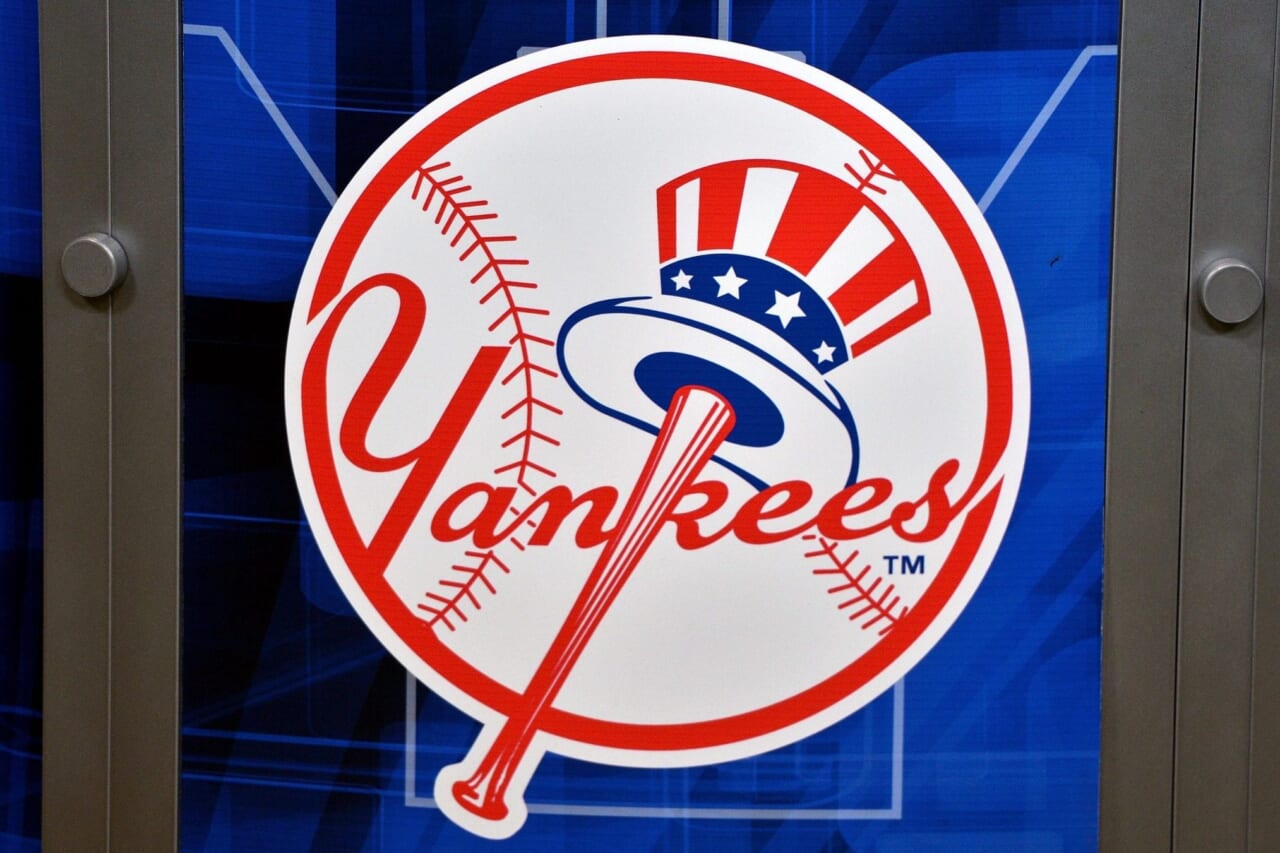
Ask most Yankee fans how many many Hall of Fame center fielders the team has produced, and they will immediately say two, mentioning the names Joe DiMaggio and Mickey Mantle.
What those fans aren’t aware of is that the Yankees had a third Hall of Fame center fielder.
His name? Earle Combs.
Combs’ road to Cooperstown began at Eastern Kentucky State Normal School, now known as Eastern Kentucky University. It prepared students for careers as teachers. He played one year there, hitting a cool .522.
Upon graduation he took a job teaching, but played ball on the side. In 1922, he was playing for Lexington in the Bluegrass League when the Louisville Colonels of the American Association scouted him. They offered him a salary in excess of his $37 a month ($554 today) salary teaching.
After a bumpy start, Combs showed his wares. In 1924, the Yankees won the bidding on Combs, buying his contract for $50,000 (over $730,000 today). He would play center field and bat leadoff for a dozen campaigns. His best year was 1927, when he hit .356, as well as leading the league in at bats, hits, and triples. His 23 triples is still the team’s single season record, while his 231 hits held the team mark until Don Mattingly got 238 hits in 1986.
Combs’ career took a downturn in 1934 when he crashed into the wall at Sportsman’s Park in St. Louis, suffering a fractured skull, a broken shoulder, and a damaged knee. He was reportedly close to death, staying in the hospital for two months. He came back in 1935, but suffered another injury. That lead Combs to retire at age 36 following the season.
In 1970, the Veterans’ Committee elected Combs to the Hall of Fame. So when you are asked to name the Hall of Fame center fielders the Yankees have had, mention three names: “The Commerce Comet”, “The Yankee Clipper”, and the man who started it all, “The Kentucky Colonel”, Earle Bryan Combs.